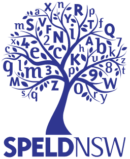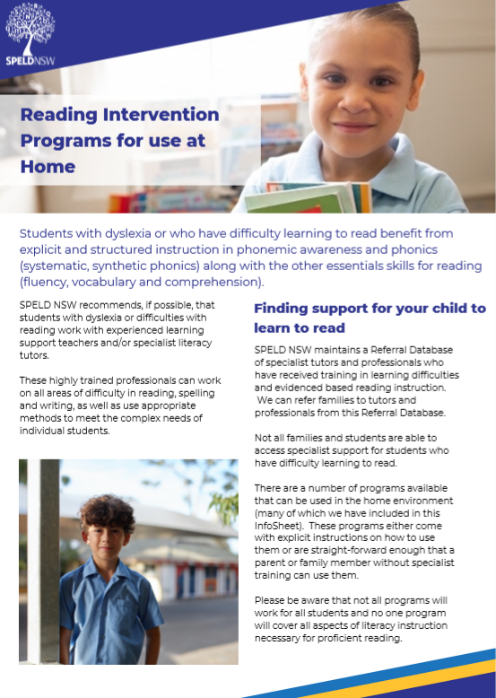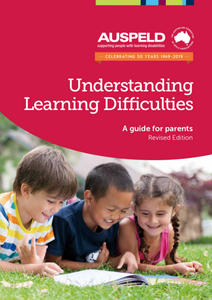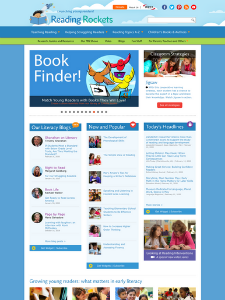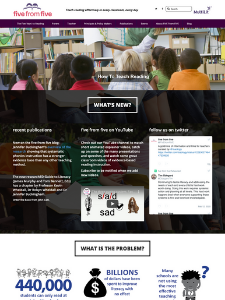Effective Reading Instruction
What makes effective reading instruction?
Research, along with national and international reviews, tell us that all students learning to read benefit from receiving explicit and structured classroom instruction in phonemic awareness and phonics (systematic, synthetic phonics) along with the other essentials skills for reading (oral language, fluency, vocabulary and comprehension).
Students will benefit from explicit instruction where skills are taught clearly, directly and systematically, starting from simple concepts and skills and moving to more complex concepts and skills. Students should be introduced to one concept or skill at a time and given plenty of opportunities for practice and to master the concept or skill before moving on.
Support for students with learning difficulties
It is essential that children with dyslexia or who have difficulty learning to read receive evidence-based instruction focusing on these 5 key elements of reading – phonemic awareness, phonics, fluency, vocabulary and comprehension.
SPELD NSW recommends, if possible, that students with dyslexia or difficulties with reading work with experienced learning support teachers and/or specialist literacy tutors. These highly trained professionals can work on all areas of difficulty in reading, spelling and writing, as well as use appropriate methods to meet the complex needs of individual students.
SPELD NSW Specialist Tutors & Professionals
SPELD NSW maintains a Referral Database of specialist tutors and professionals who have received training in learning difficulties and evidenced based reading instruction. We can refer families to tutors and professionals from this Referral Database.
SPELD NSW has also prepared an InfoSheet on Reading Intervention Programs that can be used at home to support families who cannot access tutoring (see More Information below).
